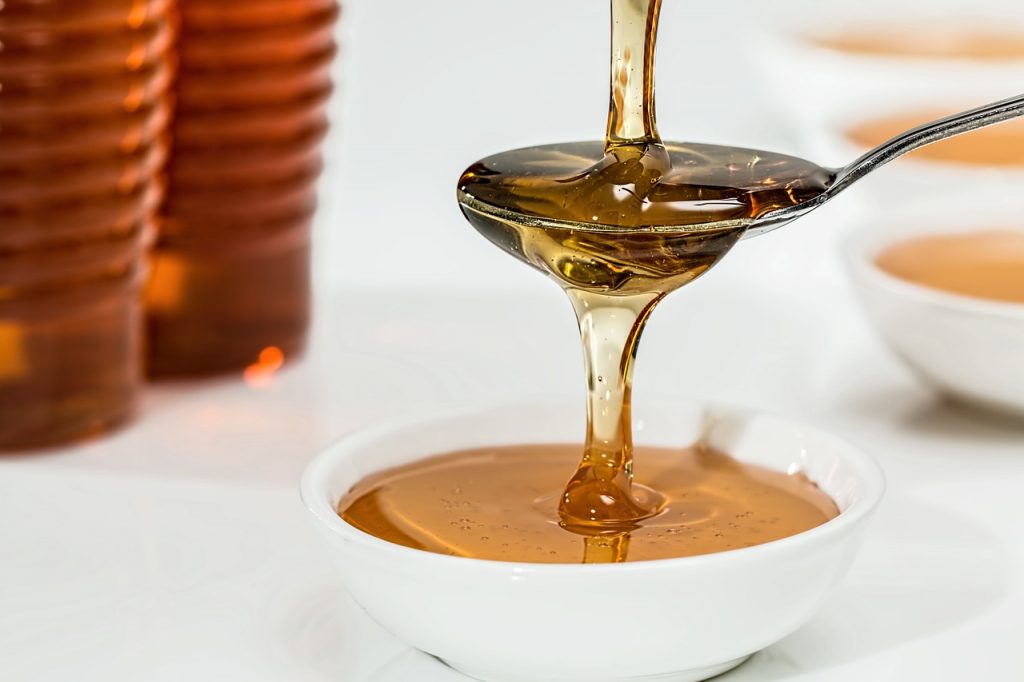Don’t Even Try to Make Learning Come Alive
★★★★★

One of education’s most harmful myths is that a teacher must “bring learning to life,” “make school fun,” and otherwise juice up the dreary business of study. The truth is that learning is naturally exciting. To be sure, learning is also a great deal of hard work, but so are most worthwhile things. Trouble comes when we require students to do the hard work of learning in hope that it will one day result in something worthwhile, rather than leading students in an adventure that does, incidentally, demand great effort.
Everyone loves good food, and I imagine most people would be glad to learn good cooking if given the opportunity. So imagine that a master chef offers to teach you his art. He supplies you with utensils and ingredients, then begins to instruct you in their use. This is interesting at first, but you soon notice that the half-finished mixtures you prepare strangely disappear, never to be seen in edible form. The measuring and stirring become progressively more frustrating, and finally meaningless.
How much worse would it be if you had lived your whole life eating nothing but cold, plain oatmeal before an authority compelled you to attend cooking class? In this case, the class’s activities are meaningless from the start. Perhaps the chef is a jolly chap, cracking jokes and making games of precise measurement and proper stirring. This may make your cooking class pleasant, and it may even lead to skill in measuring and stirring, but it won’t make you a good cook if your work never results in good food.
But imagine if you as a lifelong oatmeal-eater were given a bite of pizza on the first day of class. You might not like it at first, but it would at least be interesting, and steady exposure to it would be sure to lessen your appetite for oatmeal. And what if, soon after you begin, you are allowed to eat a freshly baked pizza that you helped prepare? Would the chef even need to tell you what diligence in cooking class could bring to your life? Would the next day’s dough-mixing and cheese-grating seem meaningless or purposeful?
The value of good food and good cooking are self-evident, but we must carefully reveal the living, joyful reality of learning to our students. Let me stress that we can only reveal the vitality of learning, and not make it so; we can’t make education relevant and interesting because it inherently and immutably IS relevant and interesting.
Learning to understand history and solve problems mathematically, to offer two examples, are absorbing challenges and powerful tools for productive living. Students will be unlikely to appreciate them, however, if the history and math that we teach them are little more than an endless series of names and dates to memorize and arithmetic problems to do. But if we start by revealing how knowledge of history helps us make sense of the world and how math helps us solve problems, the meaning and value of even the names, dates, and arithmetic will be clear.
In later blog posts, I plan to explore how we can work out of this vision of education (which I am still growing to understand and appreciate). It starts with an attitude. We don’t have to coax our students to take the medicine we have for them, because we don’t have medicine. We have honey, and we know that it is sweet.
Related Items
Leave a Reply
Feedback